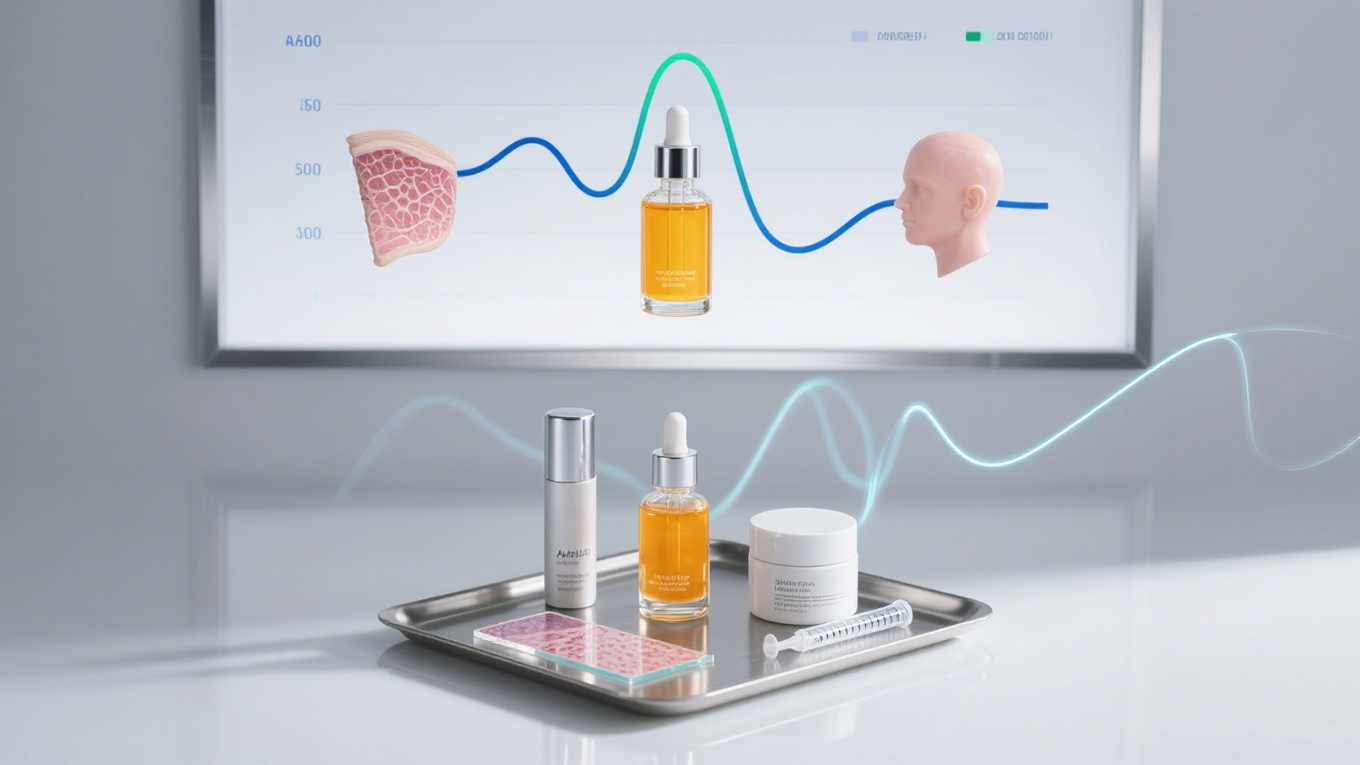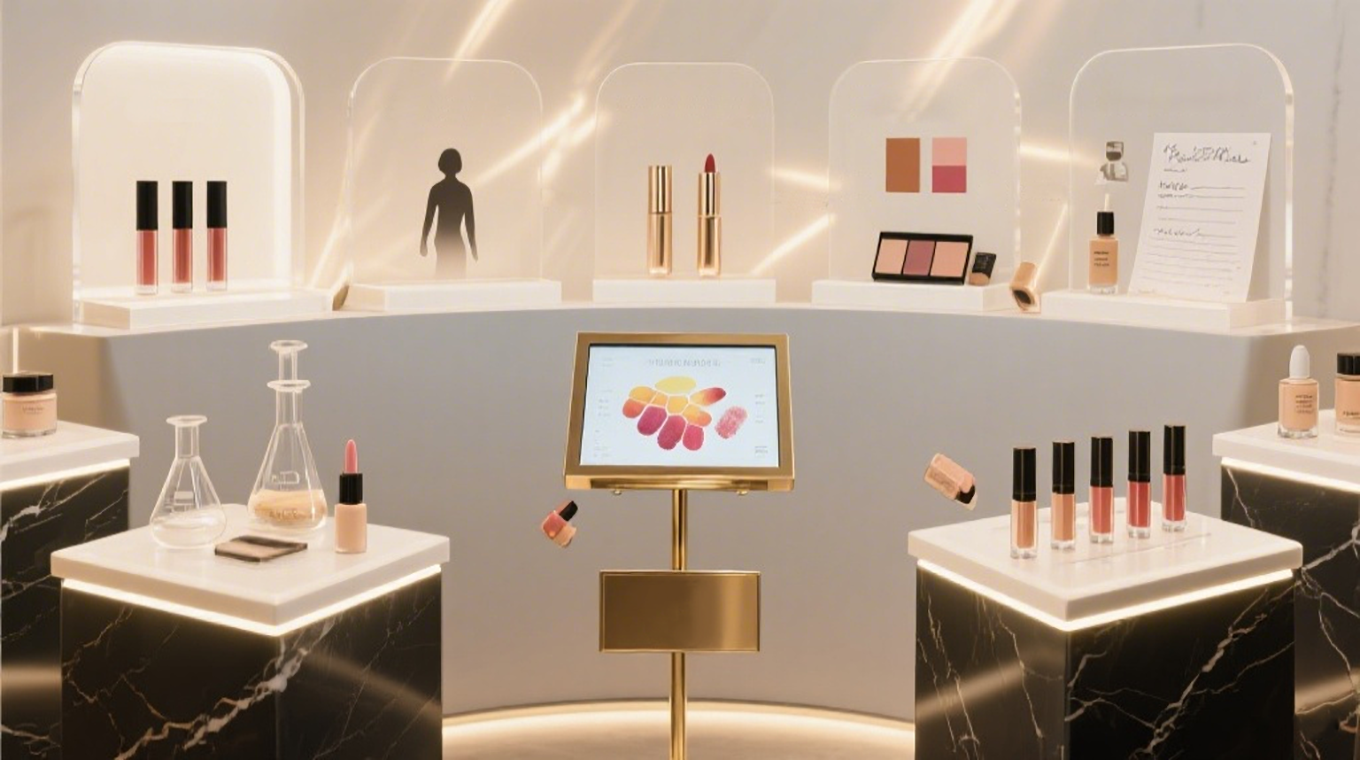The cosmetics industry is booming, with consumers worldwide increasingly seeking beauty and personal care products. However, behind the allure of vibrant packaging and enticing scents lies a critical responsibility: ensuring the safety and quality of these products. Lab testing for cosmetics is a vital process that guarantees products are safe, effective, and compliant with regulatory standards. This article explores the various aspects of cosmetic testing, emphasizing its importance in maintaining consumer trust and brand integrity.
Understanding Cosmetic Testing
What is Cosmetic Testing?
Cosmetic testing encompasses a range of procedures designed to evaluate the safety, efficacy, and quality of beauty and personal care products. This includes chemical and microbiological assessments to ensure products meet regulatory standards and are safe for human use. Tests may evaluate potential allergens, toxicity, stability, performance, and microbial contamination.
Why Test Cosmetic Products?
Testing is essential to protect consumers from health risks such as irritation, allergic reactions, or infections. It ensures that products are safe for use, comply with legal regulations, and perform as claimed. Ultimately, robust testing instills consumer confidence and maintains the quality of products.
Key Components of Cosmetic Testing
Stability Testing
Stability testing evaluates a product's ability to maintain its intended physical, chemical, and microbiological attributes under various environmental conditions. This involves assessing factors such as pH, viscosity, and color over time. The results help determine the product's shelf life and ensure it remains effective and safe throughout its lifecycle.
Microbiological Testing
Microbiological testing is crucial for ensuring products are free from harmful microorganisms. This includes preservative efficacy tests, which assess the ability of preservatives to inhibit microbial growth, and microbial limits tests, which quantify the number of viable microorganisms in non-sterile products.
Allergen and Irritant Testing
Allergen testing involves analyzing cosmetic products for potential allergens, ensuring they meet labeling requirements and are safe for sensitive skin. Irritant testing, such as the human repeat insult patch test, evaluates a product's potential to cause skin irritation, allowing brands to claim their products are "dermatologically tested."
Regulatory Compliance in Cosmetic Testing
Global Regulations Overview
Regulatory requirements for cosmetic testing vary globally but share the common goal of ensuring product safety and efficacy. In the European Union, cosmetics must comply with Regulation (EC) No 1223/2009, which prohibits animal testing and mandates safety assessments. In the United States, the FDA regulates cosmetics under the Federal Food, Drug, and Cosmetic Act, requiring accurate labeling and safe ingredients.
Meeting Industry Standards
Manufacturers must adhere to Good Manufacturing Practices (GMP) and specific standards like ISO 22716 for quality control and product safety. Compliance with these standards facilitates market access and ensures products meet international safety requirements.
The Role of Cosmetic Testing Laboratories
Services Offered by Cosmetic Testing Labs
Cosmetic testing laboratories provide a range of services, including chemical analysis, microbiological testing, and packaging assessment. These labs are equipped to test raw materials, formulation development, and finished products, ensuring comprehensive quality control throughout the production process.
Why Choose Professional Testing Labs?
Professional labs offer several advantages, including high data integrity, adherence to quality standards, and access to specialized expertise. Registered and certified labs, such as those following FDA guidelines, ensure reliable testing procedures and accurate reporting.
Practical Tips for Cosmetic Brands
- Partner with Reputable Labs: Choose labs with proven expertise and a track record of compliance with regulatory standards.
- Stay Informed on Regulations: Keep up-to-date with global regulatory changes to ensure your products remain compliant.
- Invest in Comprehensive Testing: Prioritize thorough testing to prevent costly recalls and protect your brand's reputation.
- Focus on Consumer Safety: Ensure all ingredients are safe and clearly labeled to build consumer trust and loyalty.
Lab testing for cosmetics is an indispensable part of the product development process, ensuring safety, quality, and regulatory compliance. By partnering with reputable testing laboratories and adhering to industry standards, cosmetic brands can confidently deliver safe and effective products to consumers. As the industry continues to evolve, maintaining rigorous testing practices will be crucial in sustaining consumer trust and achieving long-term success.
For cosmetic brands looking to enhance their product safety and quality, consider collaborating with a trusted lab testing partner. Ensure your products meet the highest standards and gain a competitive edge in the market. Contact us today to learn more about our comprehensive cosmetic testing services.



